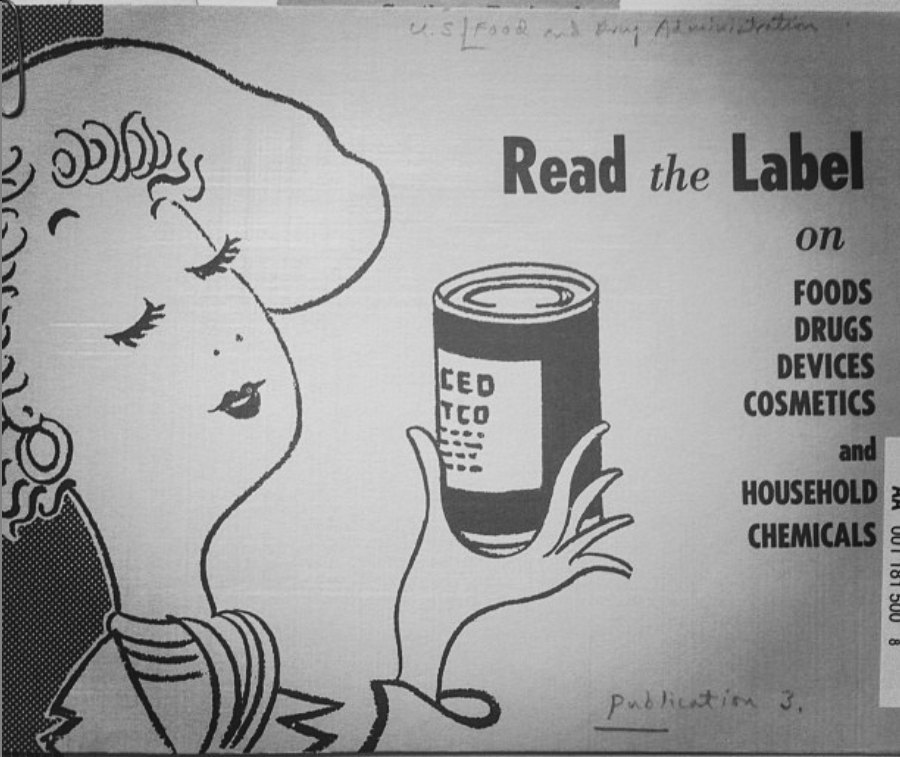Pure Imagination: America’s Food Identity Standards, 1938-Present
Clare Gordon
History
UC Irvine
In recent years, the popularity of plant-based products like almond milk has prompted a debate about what constitutes “milk”. This debate isn’t just for foodies; it reflects the FDA’s power to oversee the naming of foods through a little known provision initially created as a part of the Food Drug and Cosmetic Act of 1938: food identity standards. Presently, there are about 300 food identity standards in effect that dictate the ingredients and naming of many common foods. These provisions hold a massive influence on America’s food supply, yet currently there are no comprehensive studies on the history of these standards. This dissertation traces the history of the food identity standards to understand how these regulations were written, and who they were meant to protect. The research suggests that the history of the standards is not simply the history of a little-known provision, but a reflection of the scientific, medical, cultural, and economic transformations of the twentieth century, including the health implications of processed foods, the capture of regulatory agencies, and public health concerns like the obesity epidemic.

